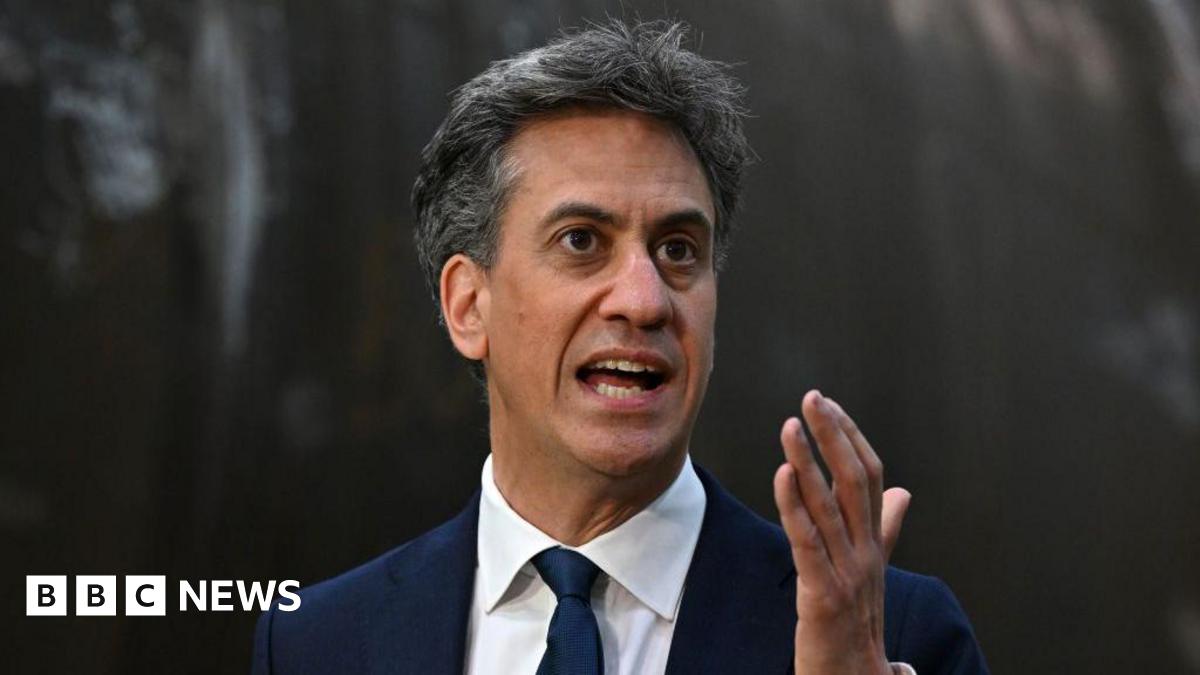Improving Men's Health: Tackling The Issue Of Fewer GP Visits

Welcome to your ultimate source for breaking news, trending updates, and in-depth stories from around the world. Whether it's politics, technology, entertainment, sports, or lifestyle, we bring you real-time updates that keep you informed and ahead of the curve.
Our team works tirelessly to ensure you never miss a moment. From the latest developments in global events to the most talked-about topics on social media, our news platform is designed to deliver accurate and timely information, all in one place.
Stay in the know and join thousands of readers who trust us for reliable, up-to-date content. Explore our expertly curated articles and dive deeper into the stories that matter to you. Visit Best Website now and be part of the conversation. Don't miss out on the headlines that shape our world!
Table of Contents
Improving Men's Health: Tackling the Issue of Fewer GP Visits
Men are less likely to visit their GP than women, leading to poorer health outcomes. This article explores the reasons behind this concerning trend and offers solutions for improving men's healthcare access and engagement.
It's a stark reality: men are significantly less likely to seek preventative healthcare than women. This reluctance to visit the GP (General Practitioner, or family doctor) contributes to a worrying statistic: men die younger and experience higher rates of preventable diseases than women. But why is this happening, and what can be done to address this crucial issue impacting men's health across the globe?
The Barriers to Men's Healthcare
Several factors contribute to men's lower GP visit rates. These include:
- Stoicism and the "Tough Guy" Mentality: Societal expectations often pressure men to suppress their feelings and demonstrate strength, even when experiencing health problems. Seeking help can be perceived as a sign of weakness.
- Fear and Avoidance: Many men avoid medical check-ups due to anxiety about potential diagnoses or uncomfortable procedures. This fear can lead to delayed diagnosis and treatment of serious conditions.
- Lack of Awareness: Some men lack awareness of the importance of preventative health measures and regular check-ups. They may underestimate the risks associated with neglecting their health.
- Time Constraints and Work: Busy work schedules and family commitments can make it difficult for men to find time for GP appointments.
- Accessibility Issues: Geographical location, lack of transportation, or difficulties navigating the healthcare system can also hinder access to care.
Breaking Down the Barriers: Strategies for Improvement
Improving men's health requires a multifaceted approach targeting these underlying issues. Here are some key strategies:
1. Promoting Open Conversations about Men's Health: Public health campaigns should focus on normalizing discussions about men's health issues, challenging traditional masculinity stereotypes, and emphasizing the importance of preventative care. This includes using relatable imagery and language in advertising and media.
2. Improving Access to Healthcare: Making healthcare more accessible, convenient, and affordable is crucial. This could involve:
- Extended GP opening hours: Offering appointments outside of standard working hours.
- Telehealth services: Providing remote consultations via video conferencing or phone calls.
- Mobile health clinics: Bringing healthcare services directly to underserved communities.
3. Targeting Specific Health Concerns: Initiatives focusing on specific health issues affecting men, such as prostate cancer, heart disease, and mental health, are essential. Early detection and intervention are key to improving outcomes. For example, promoting regular prostate cancer screenings is vital.
4. Engaging Male Role Models: Using male figures – athletes, celebrities, or community leaders – to promote healthy habits and encourage GP visits can be highly effective.
5. Involving Men in the Solution: Involving men in the design and implementation of health initiatives is crucial for ensuring relevance and effectiveness. This participatory approach can foster a sense of ownership and responsibility.
The Importance of Preventative Care
Regular check-ups are essential for early detection and prevention of many serious health conditions. Don't wait until you're feeling unwell to seek medical attention. A proactive approach to healthcare can significantly improve your quality of life and longevity. Learn more about preventative health measures at the [link to relevant NHS or government website].
Call to Action: Schedule a check-up with your GP today. Your health is an investment worth making.

Thank you for visiting our website, your trusted source for the latest updates and in-depth coverage on Improving Men's Health: Tackling The Issue Of Fewer GP Visits. We're committed to keeping you informed with timely and accurate information to meet your curiosity and needs.
If you have any questions, suggestions, or feedback, we'd love to hear from you. Your insights are valuable to us and help us improve to serve you better. Feel free to reach out through our contact page.
Don't forget to bookmark our website and check back regularly for the latest headlines and trending topics. See you next time, and thank you for being part of our growing community!
Featured Posts
-
 Court Ruling And Spy Claims Will The Pm Finally Address The Nation
Apr 22, 2025
Court Ruling And Spy Claims Will The Pm Finally Address The Nation
Apr 22, 2025 -
 Spygate And Court Decision Demand Grows For Pm To Break Silence
Apr 22, 2025
Spygate And Court Decision Demand Grows For Pm To Break Silence
Apr 22, 2025 -
 Stacey Dooleys Documentary Hesitations And Experiences Growing Up Gypsy
Apr 22, 2025
Stacey Dooleys Documentary Hesitations And Experiences Growing Up Gypsy
Apr 22, 2025 -
 Nonsense And Lies Milibands Scathing Critique Of Net Zero Critics
Apr 22, 2025
Nonsense And Lies Milibands Scathing Critique Of Net Zero Critics
Apr 22, 2025 -
 Us Deportees Part Of El Salvadors Prisoner Exchange With Venezuela
Apr 22, 2025
Us Deportees Part Of El Salvadors Prisoner Exchange With Venezuela
Apr 22, 2025
